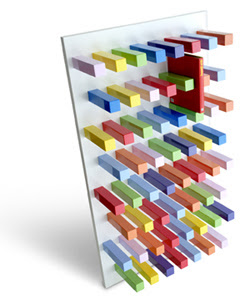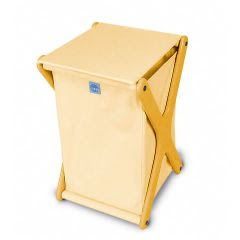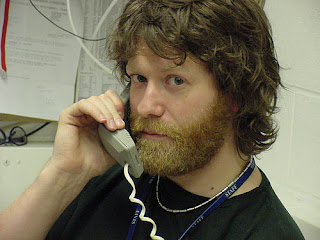
This is a reminder to me as much as to any of you: make time to get enough sleep. I love my work (and my friends, my family, my cats, my reading time, etc.) - so it can get tempting to get up early and stay up late, trying to cram in as much as possible.
The problem is that skimping on sleep endangers my health - and also means I'm less alert, less creative - generally, just less than my best. And that doesn't serve anyone well. Instead of trying to do more and more, I'm better off focusing on my priorities - and make sure sleep gets the proper priority!
Here are some recent writings on the importance of getting enough sleep:
Susan Sabo at Productivity Cafe has some interesting statistics on the
adverse affects of sleep deprivation.
Gretchen at The Happiness Project urges us to
get more sleep. She writes, in part, "Studies show that people get accustomed to being sleep-deprived. At first, they notice the effect on their mood and alertness, but before long, they adjust to that state as normal. So even if you insist that you feel fine, if you got more sleep, you might feel a lot better."
In his 2007 book,
Breathing Space, Jeff Davidson points to a 1990
Time magazine cover story entitled "
Drowsy America." Just a couple quotes from that article:
"Sleepiness is one of the least recognized sources of disability in our society," declares Dr. Charles Pollak, head of the sleep-disorder center at Cornell University's New York Hospital in Westchester County. "It doesn't make it difficult to walk, see or hear. But people who don't get enough sleep can't think, they can't make appropriate judgments, they can't maintain long attention spans."
"Most Americans no longer know what it feels like to be fully alert," contends Dr. William Dement, director of Stanford University's sleep center.
[photo by
rabble]



















































